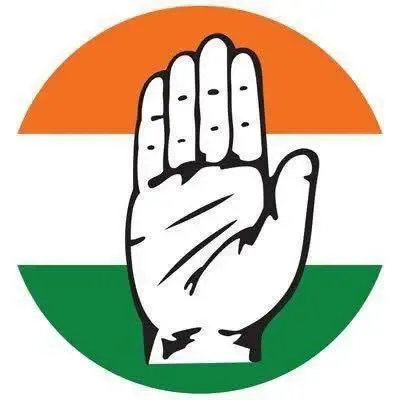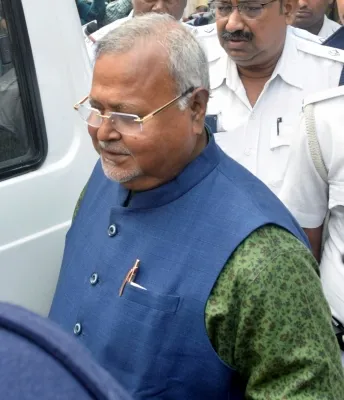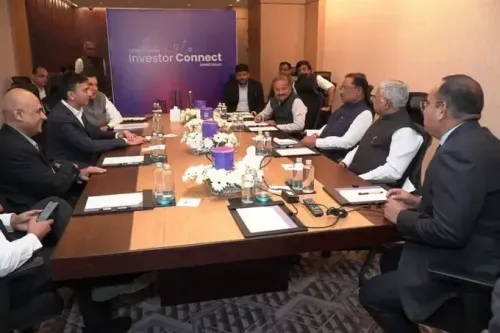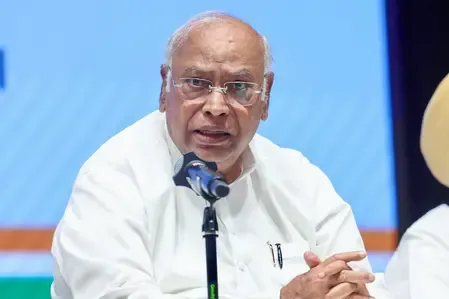Is Rajnath Singh Preparing Armed Forces for Unconventional Threats?
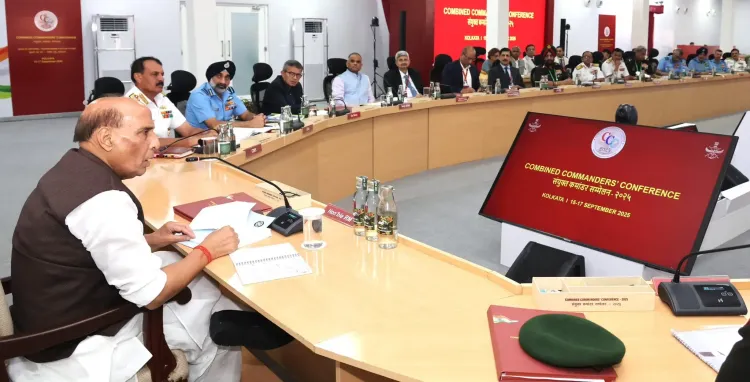
Synopsis
Key Takeaways
- Prepare for unconventional threats including information, ideological, ecological, and biological warfare.
- Emphasize technology in modern warfare strategies.
- Establish proactive military approaches for enhanced defense capabilities.
- Foster collaboration with industry and academia.
- Commit to self-reliance as a cornerstone of national defense.
Kolkata, Sep 16 (NationPress) Defence Minister Rajnath Singh urged the armed forces on Tuesday to expand their understanding of warfare beyond conventional paradigms and to prepare for unconventional threats such as information, ideological, ecological, and biological warfare. Speaking at the Combined Commanders’ Conference 2025, the Defence Minister emphasized that the landscape of warfare is changing swiftly, highlighting the necessity for a technology-oriented military. “Modern conflicts are unpredictable and can vary greatly in duration,” he noted. “It could last for two months, a year, or even five years. We must be ready and ensure our surge capacity is robust,” he continued.
Referring to India’s defence sector as a combination of offensive and defensive capabilities, Singh encouraged commanders to adopt a proactive stance and work towards establishing the ‘Sudarshan Chakra’ as envisioned by Prime Minister Narendra Modi. He mentioned that a committee has been established to evaluate the project and formulate a “realistic action plan”, proposing a medium-term strategy for the next five years and a long-term plan for the next decade to realize this vision.
The minister reiterated the commitment to modernization, operational readiness, technological edge, and credible deterrence, emphasizing the significance of the “JAI mantra”—Jointness, Aatmanirbharta, and Innovation—introduced by PM Modi. He called for enhanced collaboration with industry and academia to cultivate future-ready technologies, reaffirming the government’s initiative to position India’s private sector as a cornerstone of the global defence innovation landscape. Jointness and synergy among services were described as “crucial” for facing future challenges.
Rajnath Singh highlighted the establishment of Tri-Service Logistics Nodes and a logistics management application as essential steps towards integration and civil-military collaboration. Citing ‘Operation Sindoor’ as a pivotal example, he stated that “Strength, Strategy, and Self-reliance” form the three pillars of India's 21st-century strength. He commended the armed forces for their professionalism and reliance on indigenous platforms during the operation, asserting that “Self-reliance is not merely a slogan; it is essential for strategic autonomy.”
Rajnath Singh announced his endorsement of the Defence Procurement Manual 2025 and mentioned that the Defence Acquisition Procedure 2020 is under revision to streamline processes, minimize delays, and bolster operational capabilities.
Attendees at the conference included Chief of Defence Staff Gen. Anil Chauhan, the three service chiefs - Army chief Gen. Upendra Dwivedi, Navy chief Admiral Dinesh K. Tripathi, Air Force chief Air Chief Marshal A.P. Singh, Defence Secretary Rajesh Kumar Singh, DRDO Chairman Samir V. Kamat, along with other senior officials.

